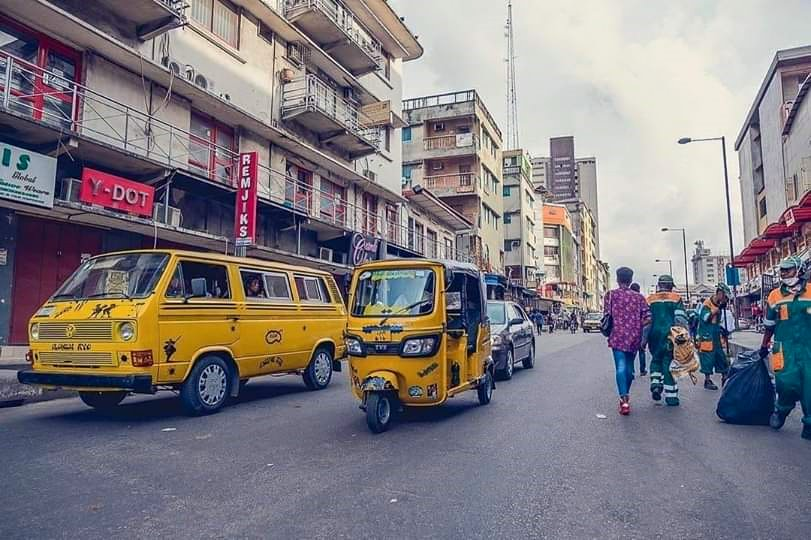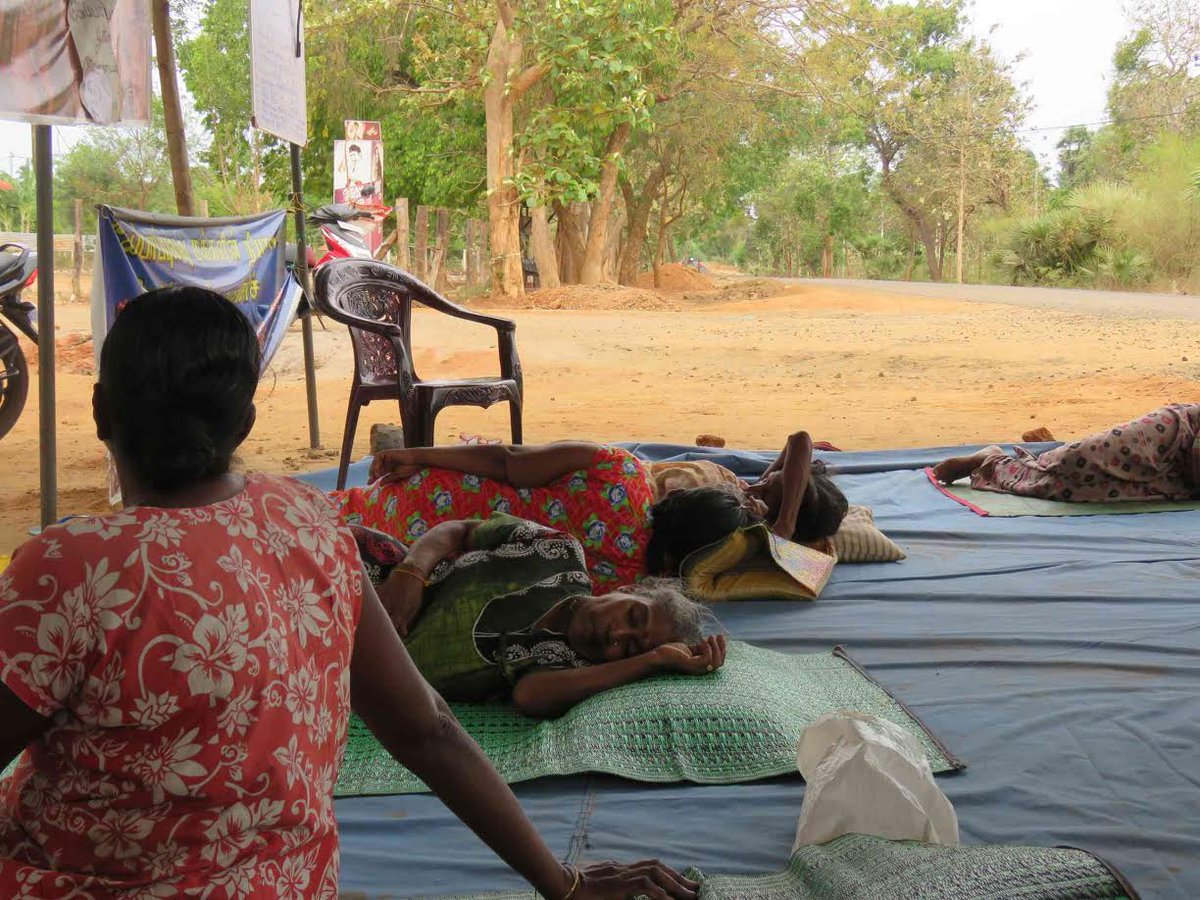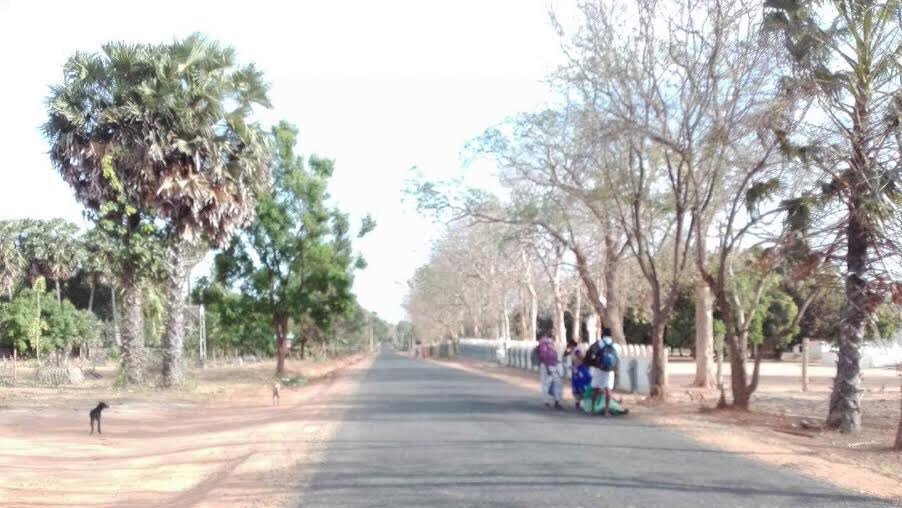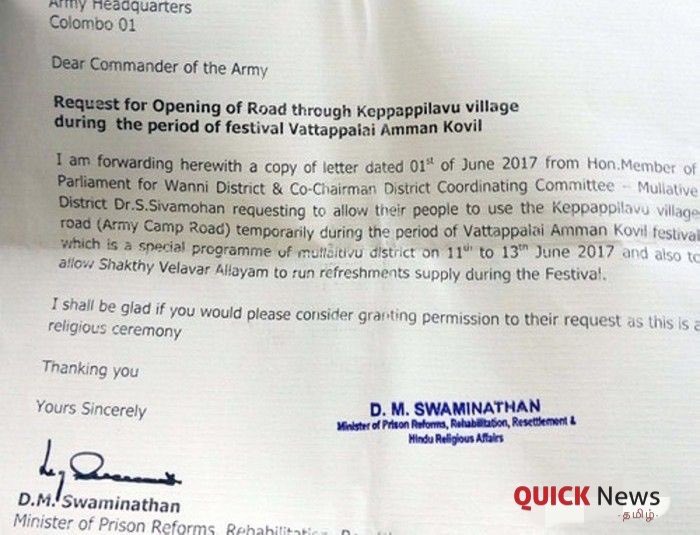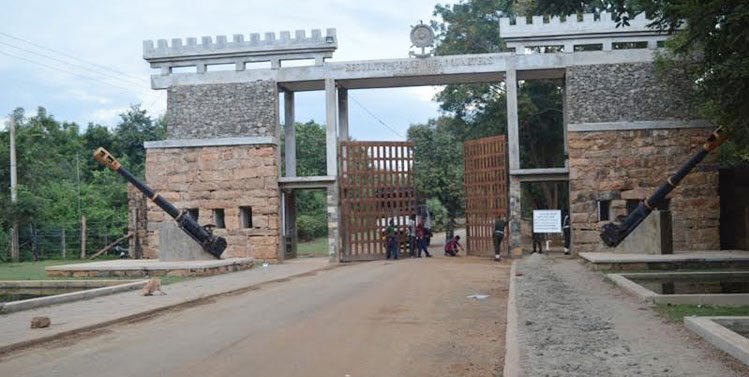1 Ojota
Ojota used to be a military settlement in the late 18th century and soldiers practised their shooting there. The area had several gun firing spots and became known as “Oju Ota” in Yoruba which means “Bullet spots”. It later
2. Abule Egba
This area is on the outskirts of Lagos and got its name from the early settlers who were Egba people from Abeokuta. The area was first called “Abule awon egba” in Yoruba, which means “Village of Egba people”. It later
3. Apongbon
Apongbon is one of Lagos’ most popular markets, and it’s also quite close to the popular Oke-Arin market. It got its name from the then acting governor of the Lagos colony, William McCoskry, who had a Red Beard. The Yorubas who couldn’t pronounce
4. Magodo
Magodo is now a posh area, but in the past, it used to be sacred land. The
5. Epetedo
Epe is named after the early settlers who were Epe traders. The area became dominated by the Epes and they still
6. Ebute-Metta
Ebute-Metta is one of the earliest harbour docks where British ships berthed at. It was a hub for trade and commerce in colonial times. Ebute-Metta is a fusion of the words “Ebute” which means the seaside in Yoruba, and “Metta” which means
7. Broad street
Broad street used to be one of the longest and widest streets in the city. It got its name from its broadness. However, Broad Street was later changed to Yakubu Gowon Street but later changed back to Broad
8. Agidingbi
The British Naval forces invaded Lagos in 1885 under the pretext of stopping slavery and human sacrifice. The noise their canon made was really loud, and the
9. Victoria Island
Victoria Island was also a major hub for commerce and British ships
10. Ikeja
Ikeja, the capital of Lagos, is actually an abbreviation for “Ikorodu and Epe Joint Administration”, IKEJA. It was coined by the colonial masters for ease of administration.”
I hope you find this info useful. @DangoteOfData
I hope you find this info useful.
I hope you find this info useful.

